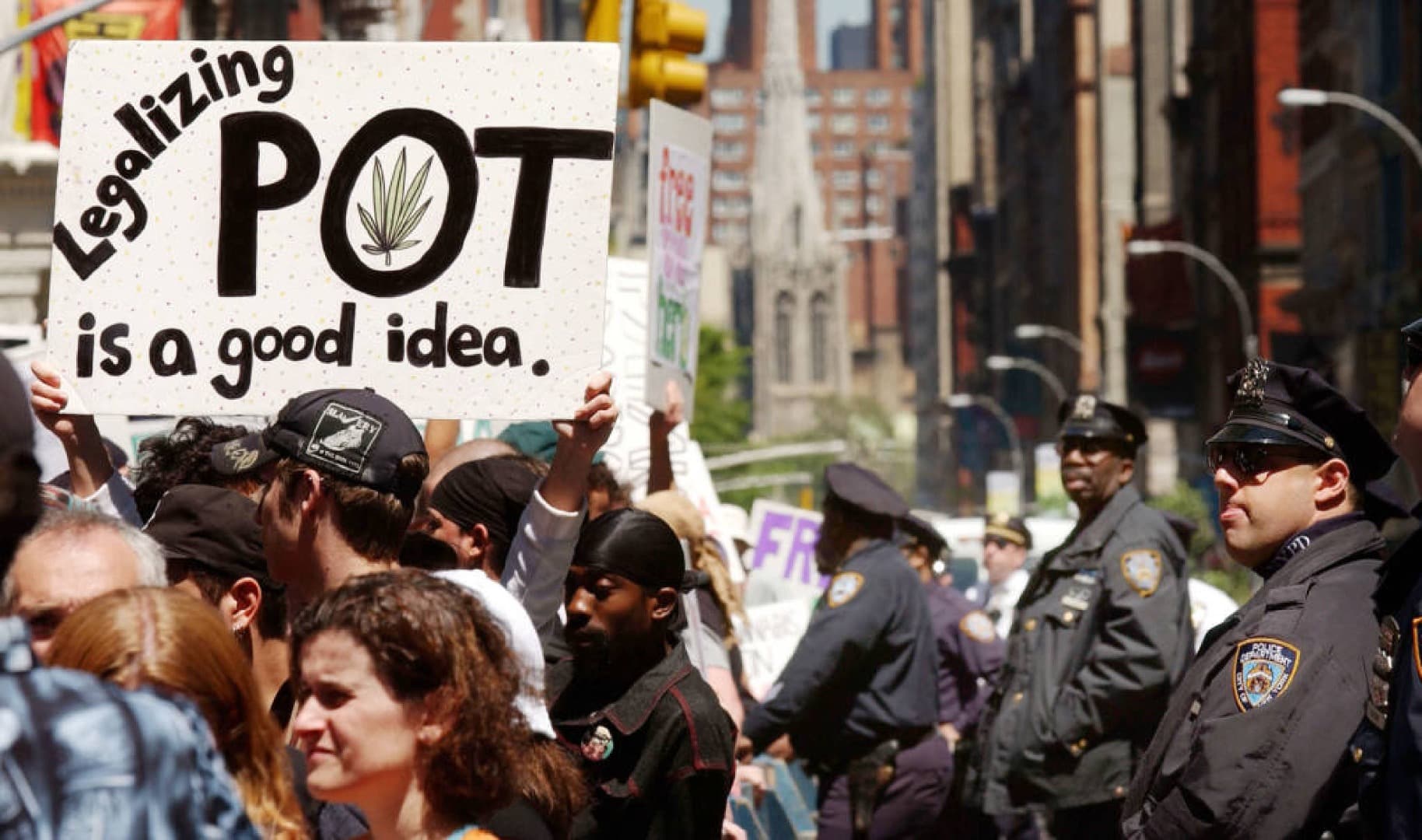
Years back, people working for marijuana legalization tended to say their goal was simple — “legalize marijuana.” Then, after the momentum for legalization had built across America and it appeared that achieving legalization countrywide was just a matter of time, some people pulling the strings behind marijuana legalization efforts decided to tweak the message. Increasingly, the stated goal shifted from “legalize marijuana” to “tax and regulate marijuana.”
Along with a marketing change came a greater emphasis in local, state, and national marijuana law liberalization efforts to move further and further from a laissez faire approach. Instead of just moving government out of the way so people can deal with marijuana as they see fit, legalization proposals placed more emphasis on generating revenue for government, as well as on licensing and regulating marijuana-related activities. The “tax and regulate” Marijuana Opportunity Reinvestment and Expungement (MORE) Act (HR 3884) that passed this month in the United States House of Representatives even includes race-based provisions and marijuana business subsidies in addition to national marijuana taxes.
Along with the “tax and regulate” approach has come a great amount of corruption and graft. Mona Zhang discusses in detail in a Sunday Politico article how licensing requirements imposed under states’ legal marijuana laws have resulted in much graft and corruption, with local officials and state board members shaking down or being bribed by people seeking to secure licenses. Licensing requirements have also, Zhang relates, protected large politically-connected companies from competition in marijuana-related business.
Zhang writes toward the end of the article:
States that have largely avoided corruption controversies either do not have license caps — like Colorado or Oklahoma — or dole out a limited number of licenses through a lottery rather than scoring the applicants by merit — like Arizona. Many entrepreneurs, particularly those who lost out on license applications, believe the government shouldn’t be in the business of picking winners and losers and should just let the free market do its job.
A free market in marijuana would mean the government gets out of the way and lets businesses compete in the marijuana sphere on the basis of factors such as price and quality that are important to potential customers. That sounds nice.
While a free market in marijuana may seem like a fresh idea, it is not new at all. Rather, it is an old idea that was much more commonly articulated by prominent marijuana legalization proponents before the “tax and regulate” message was put front and center.
Supporters of a free market for marijuana have often “held their noses” while voting for high-tax, high-regulation marijuana ballot measures. The thought goes that the harm from the taxes and regulations is outweighed by the benefit from ending prohibition. Still, the outcome is far from optimal.
Hopefully, state and local governments can move beyond taxes and regulations centered marijuana policies to approaches that place greater emphasis on liberty. And, hopefully, Congress members pushing the MORE Act approach instead of a hands-off approach to marijuana do not succeed in taking a corrupt, special interests dominated, and meddlesome approach to marijuana legalization countrywide.

